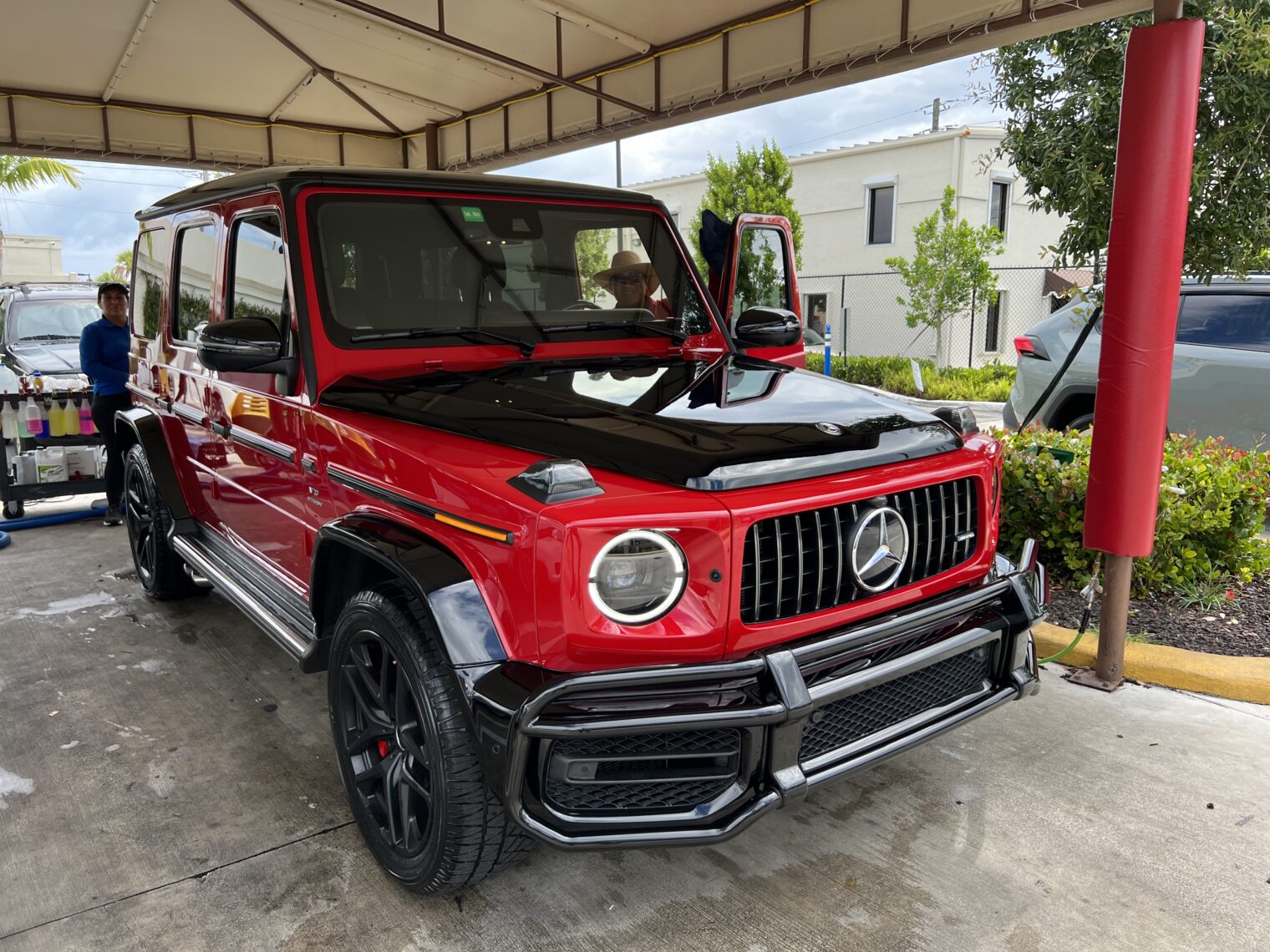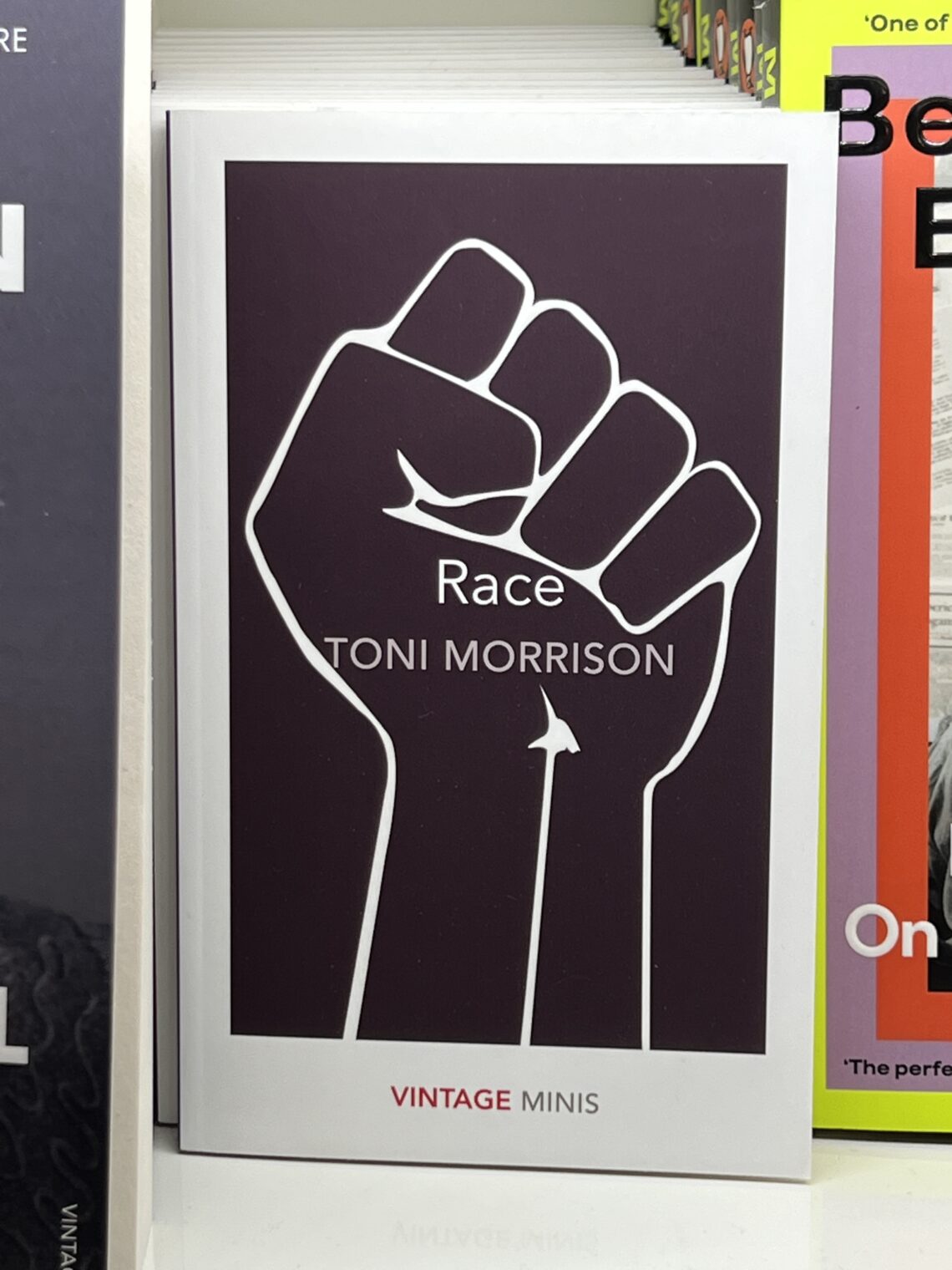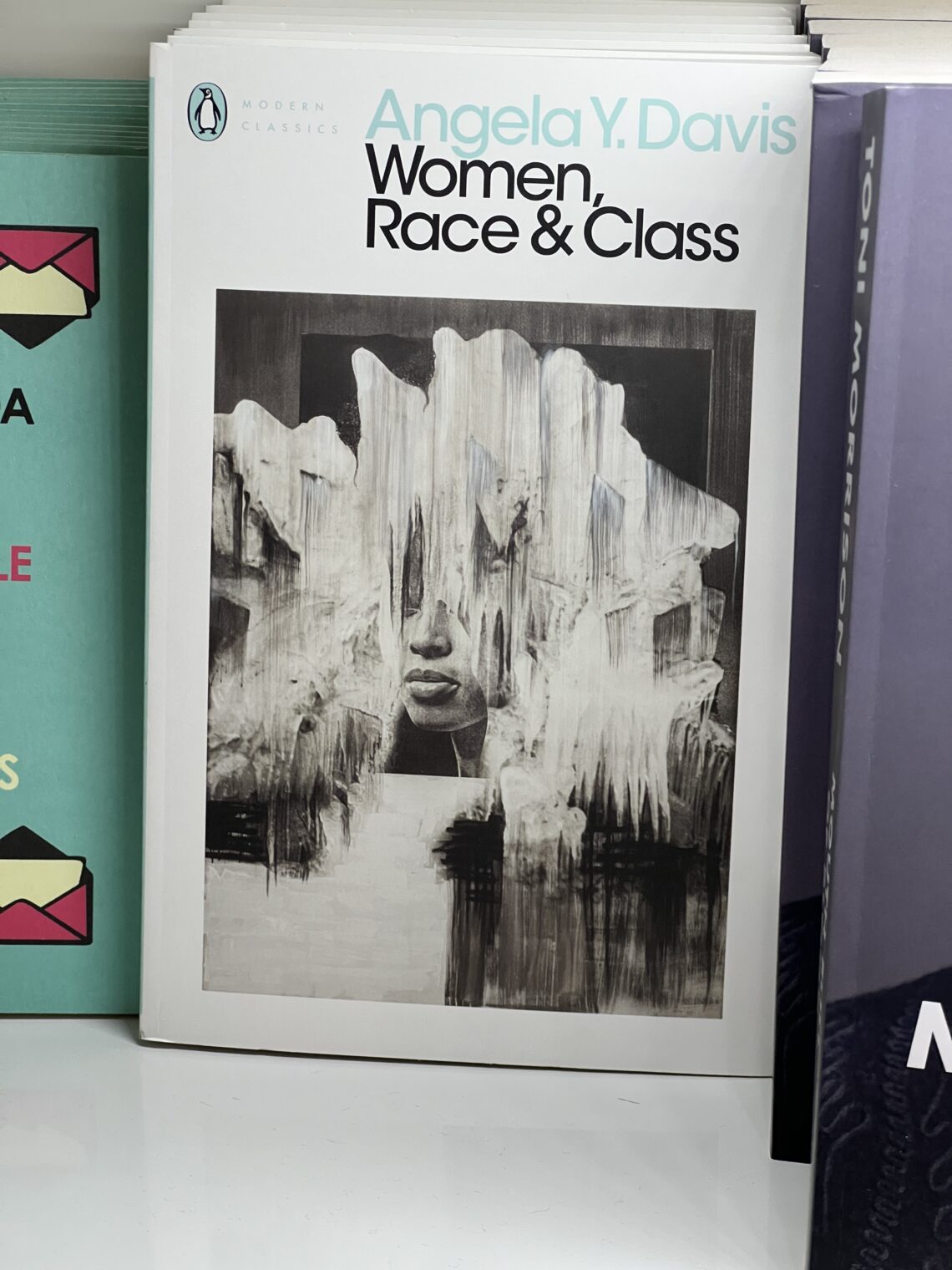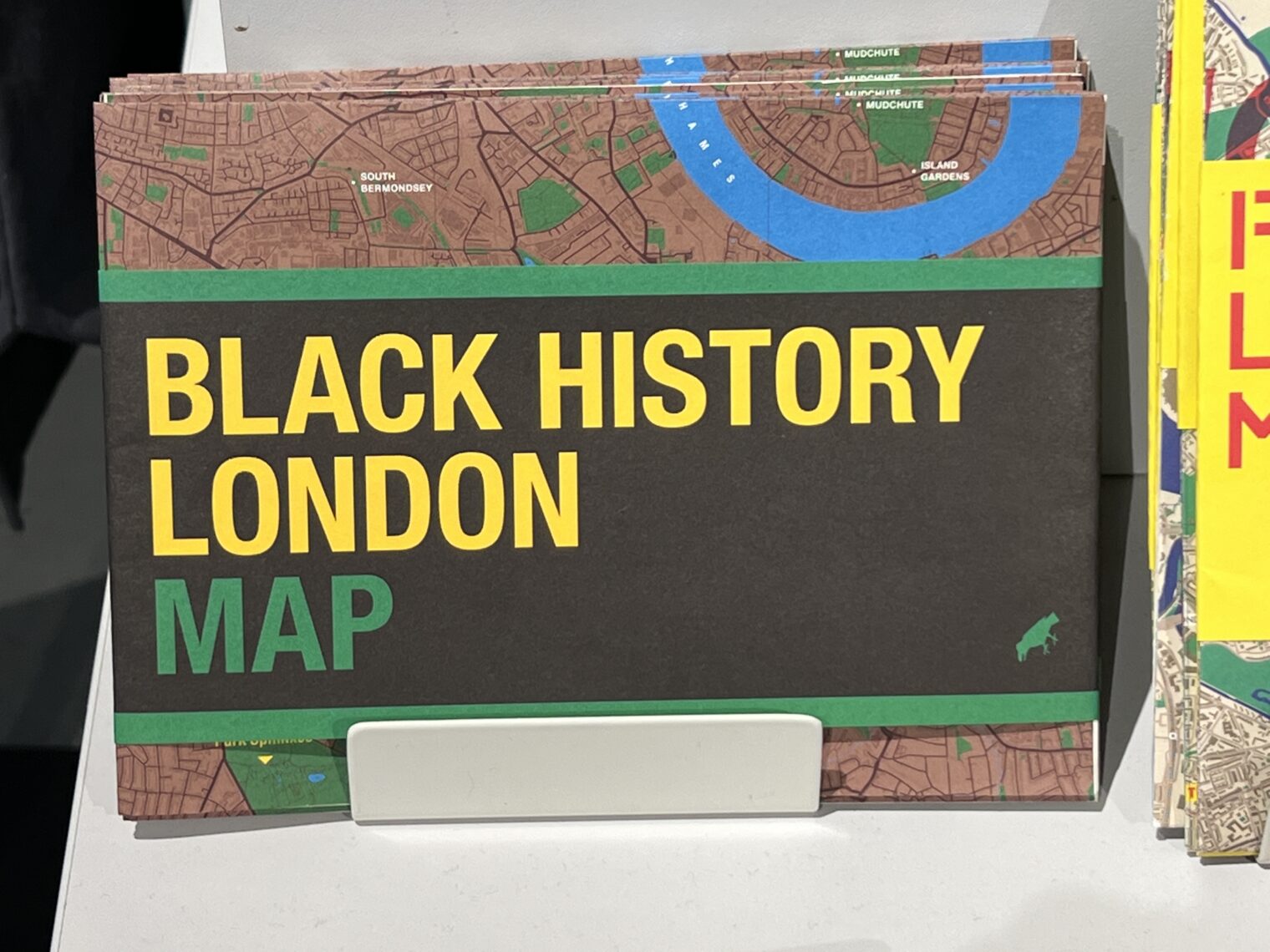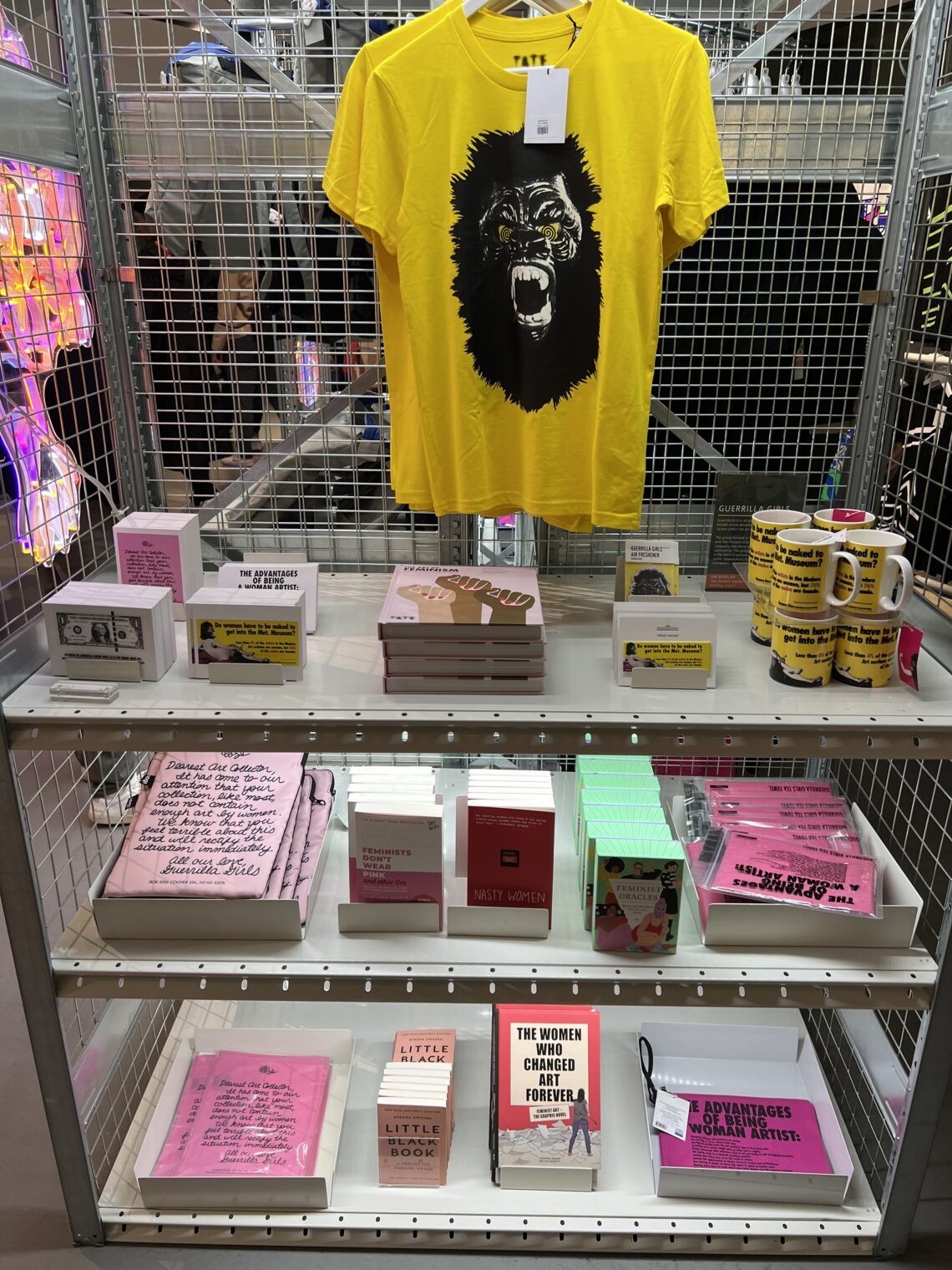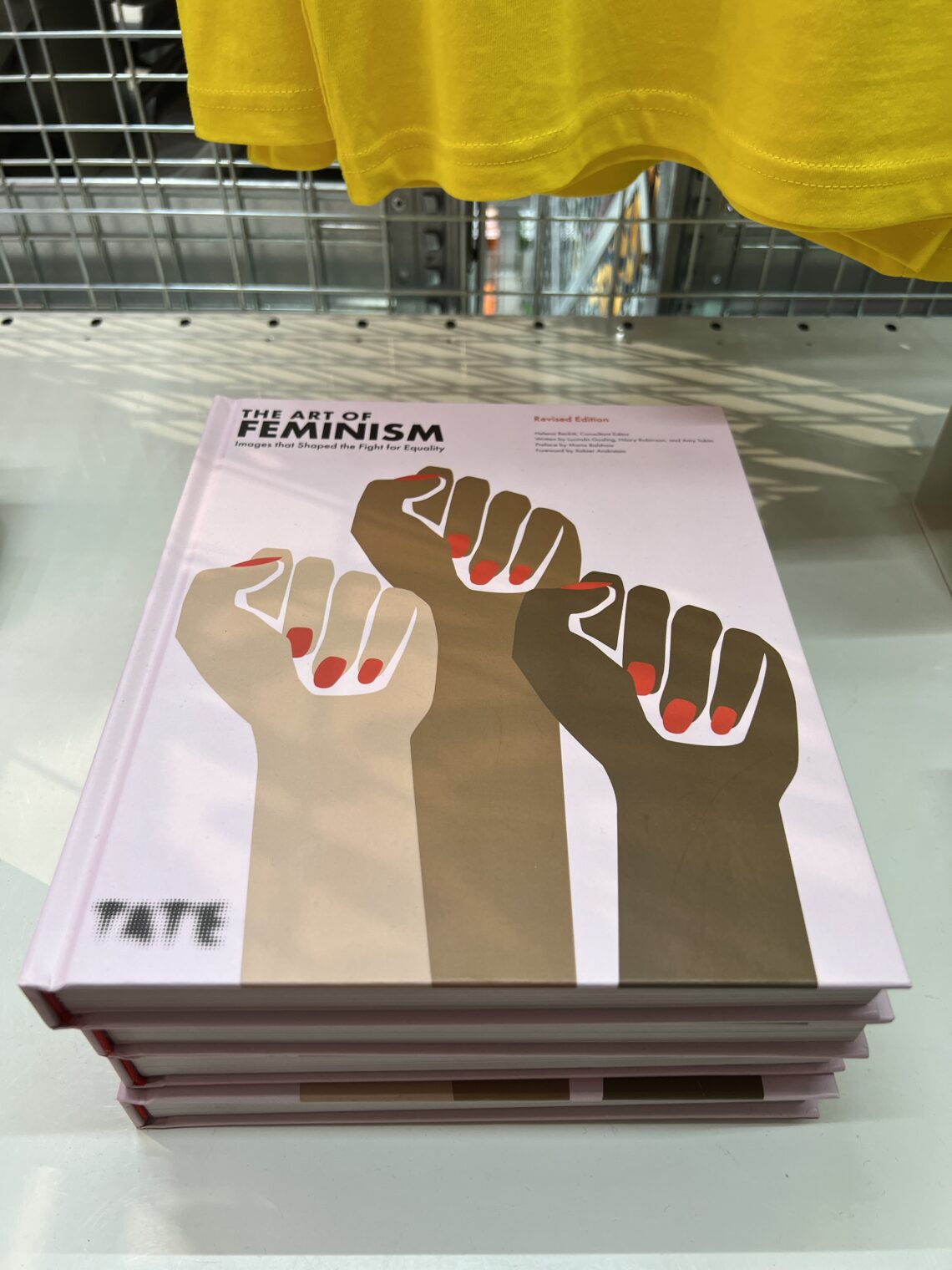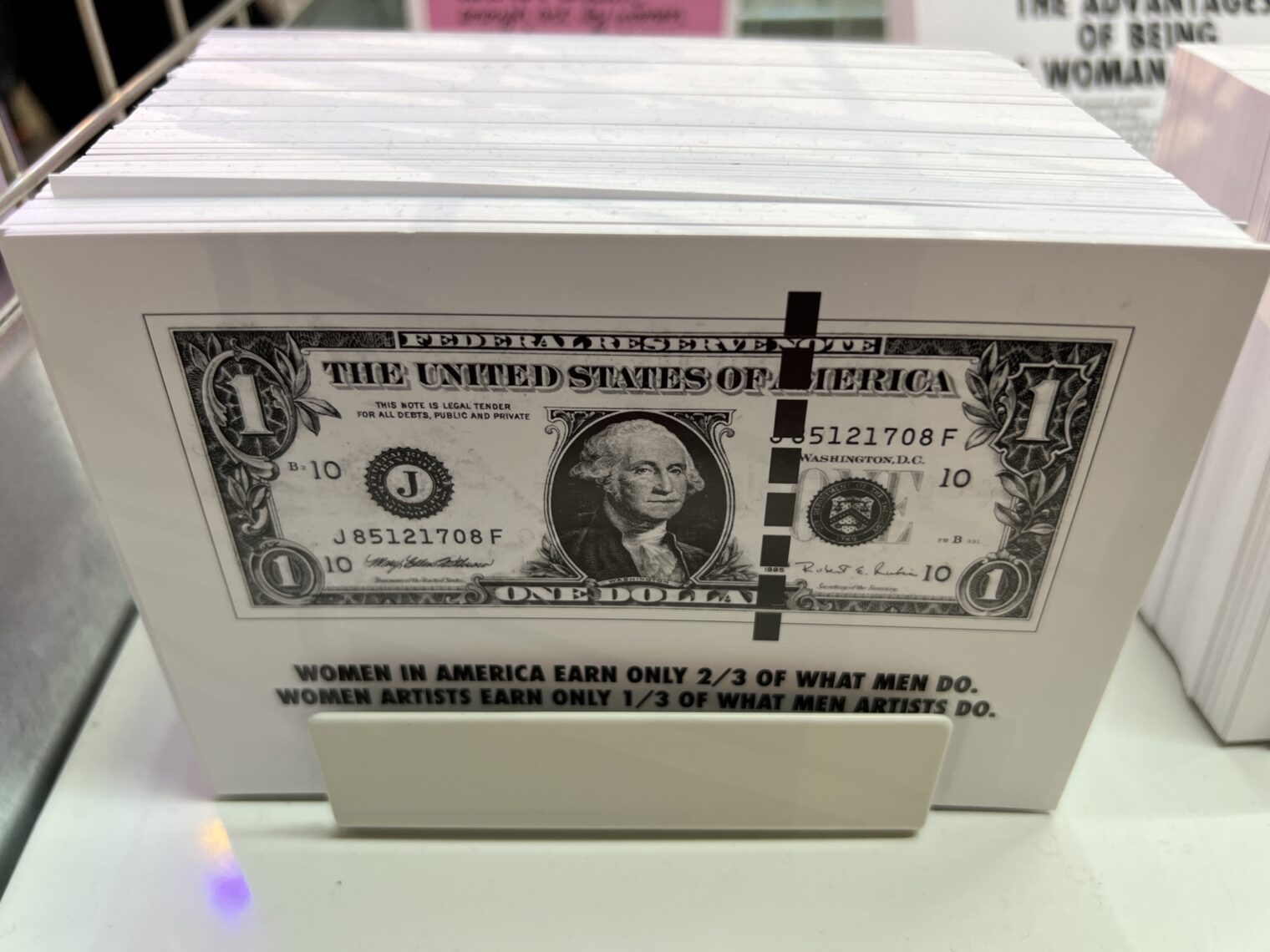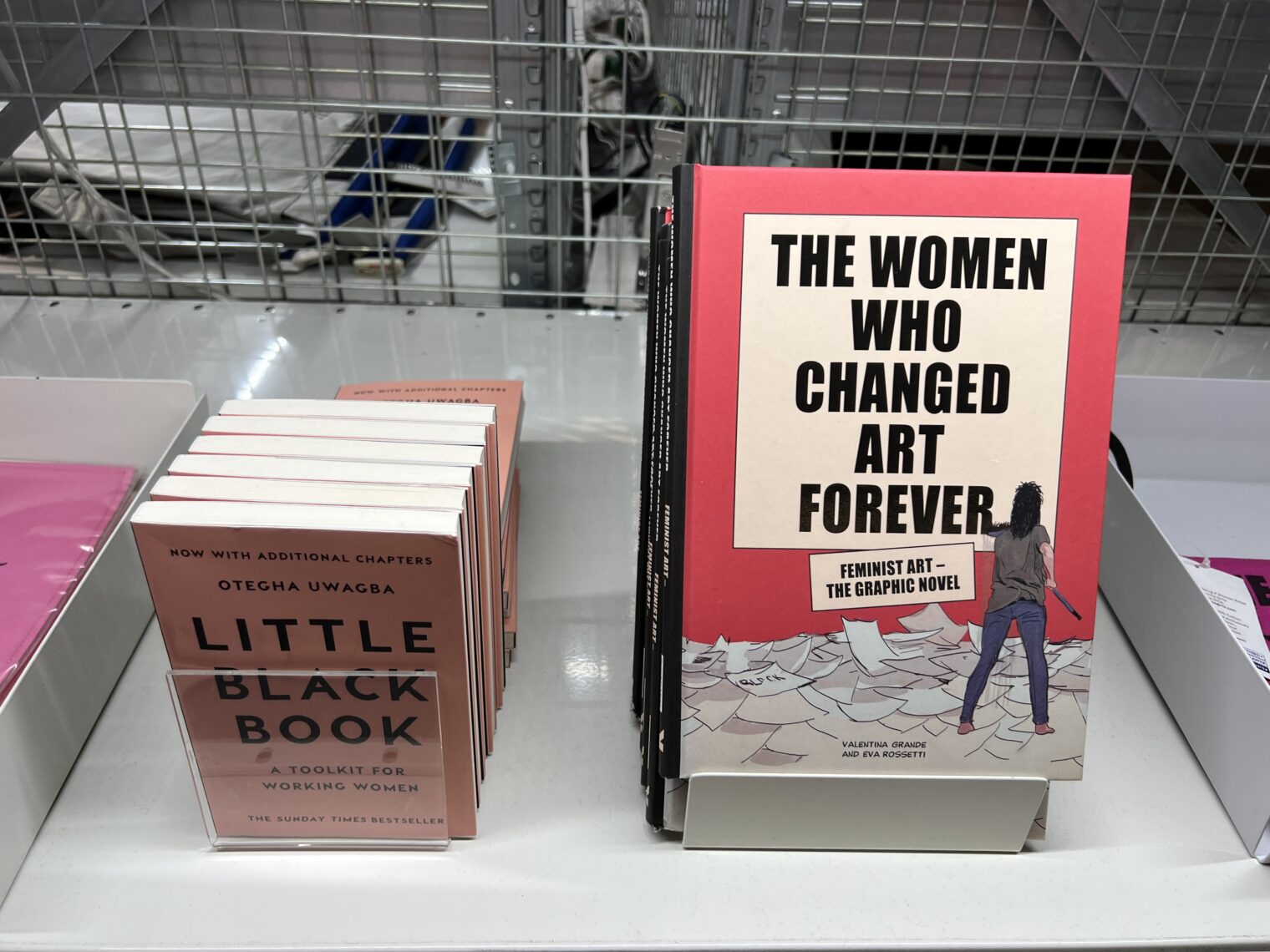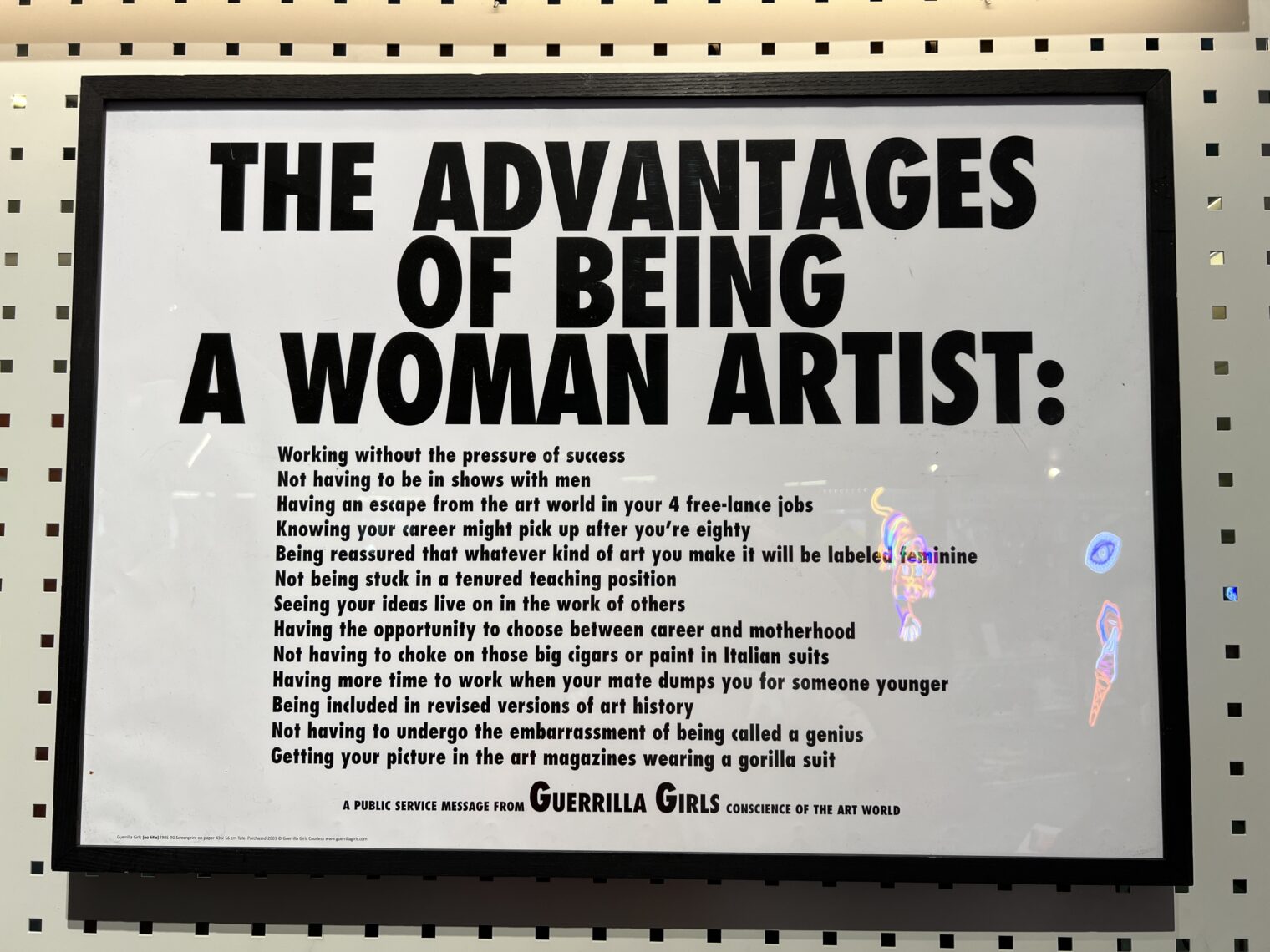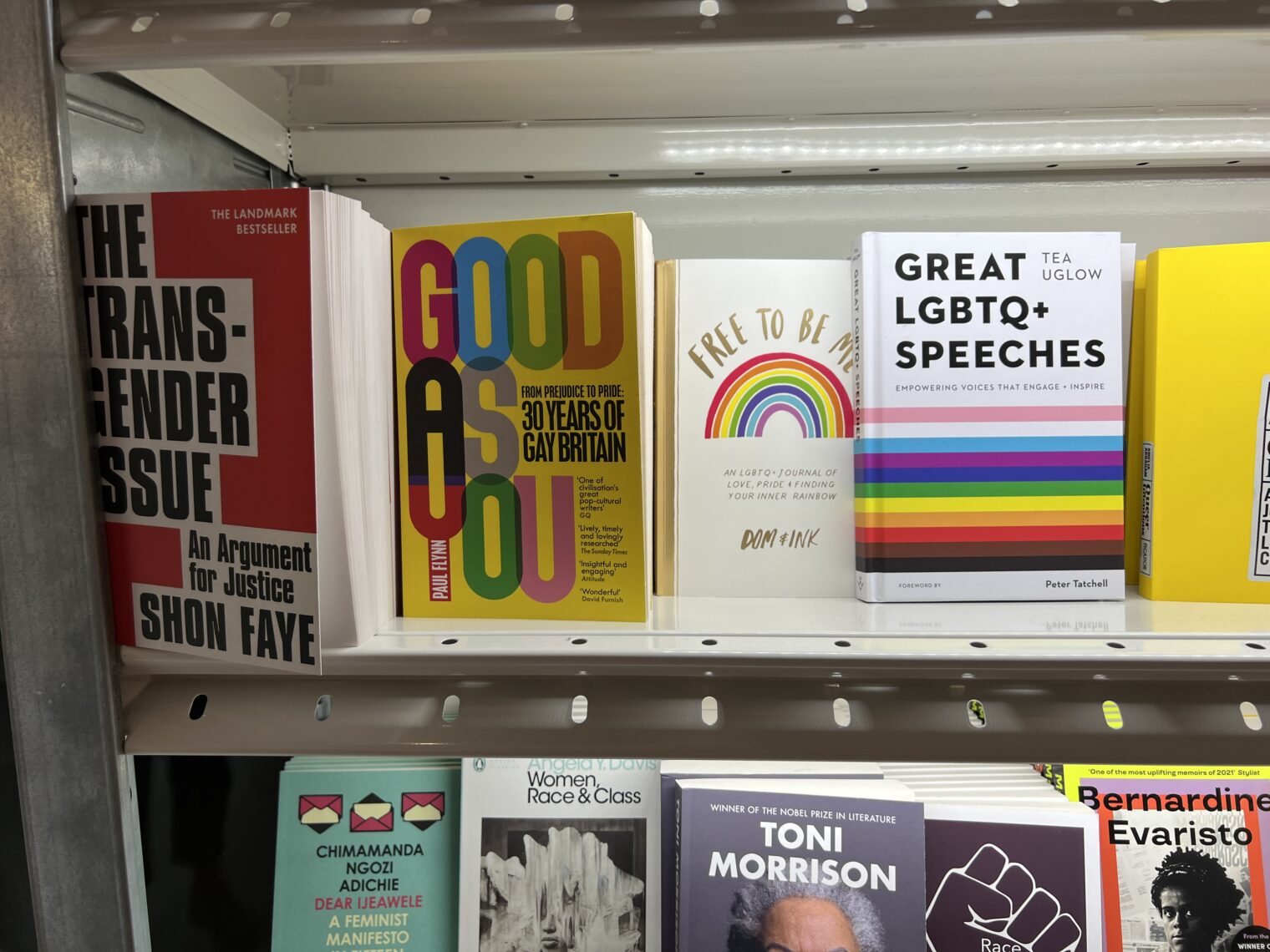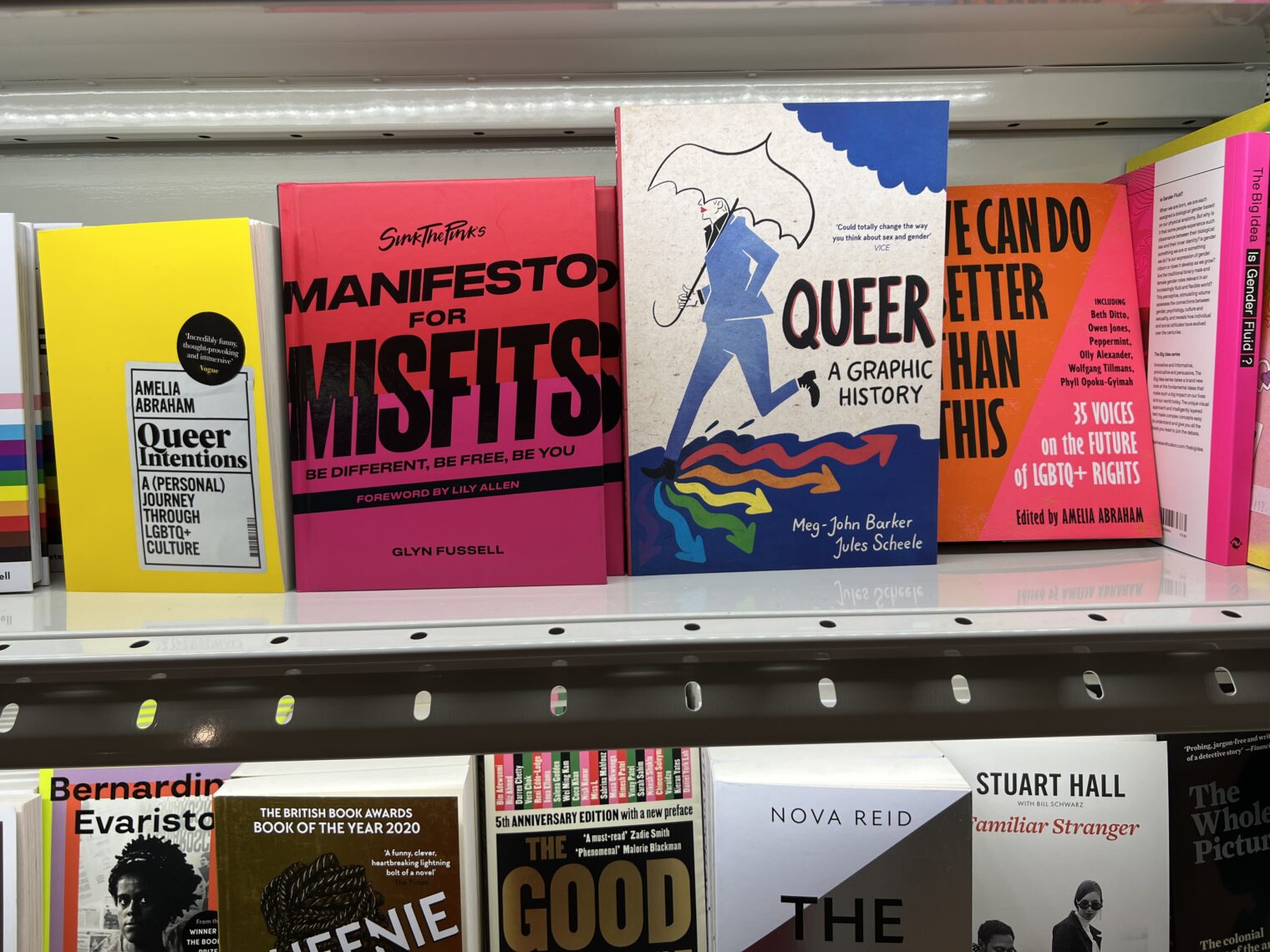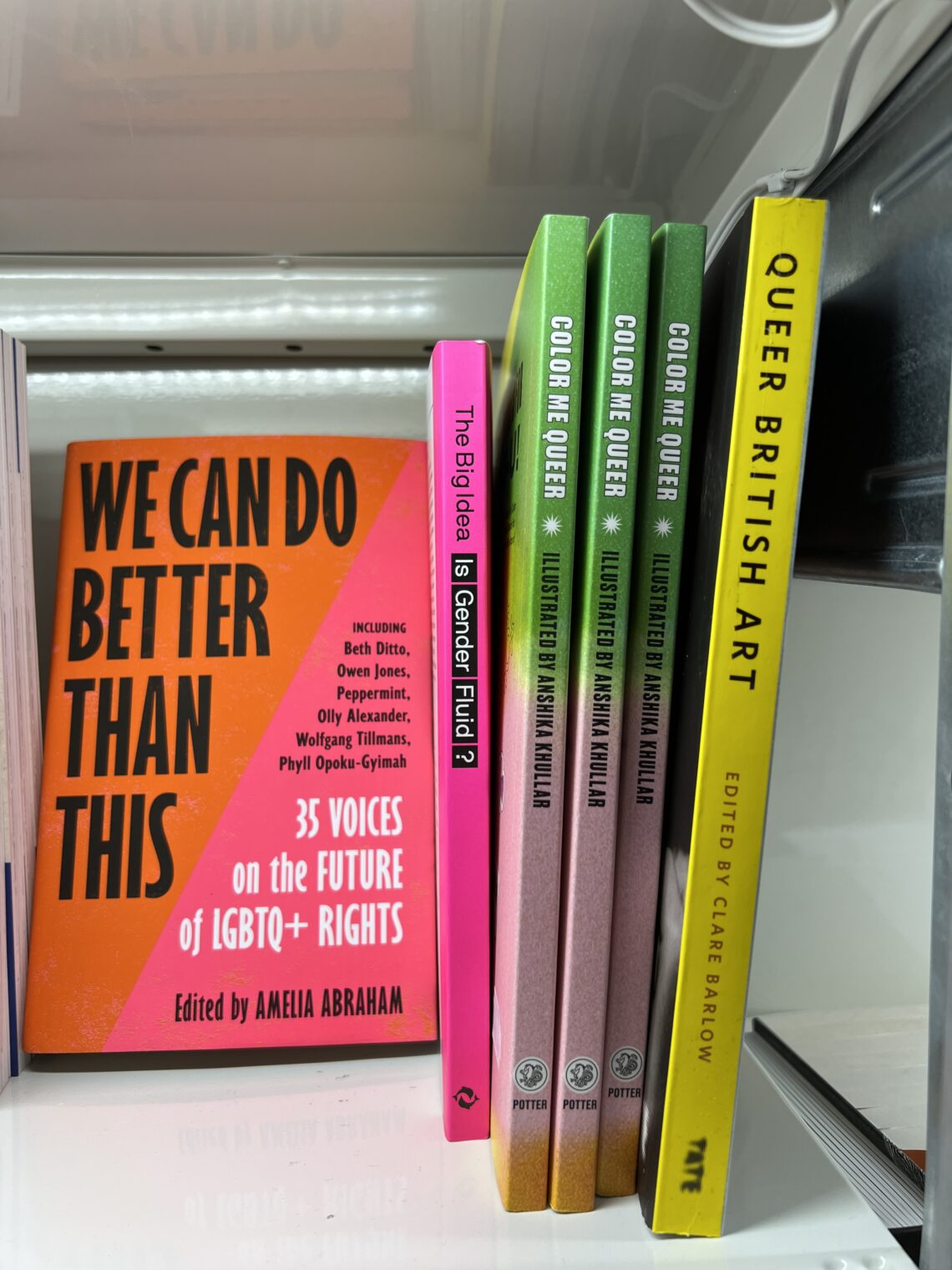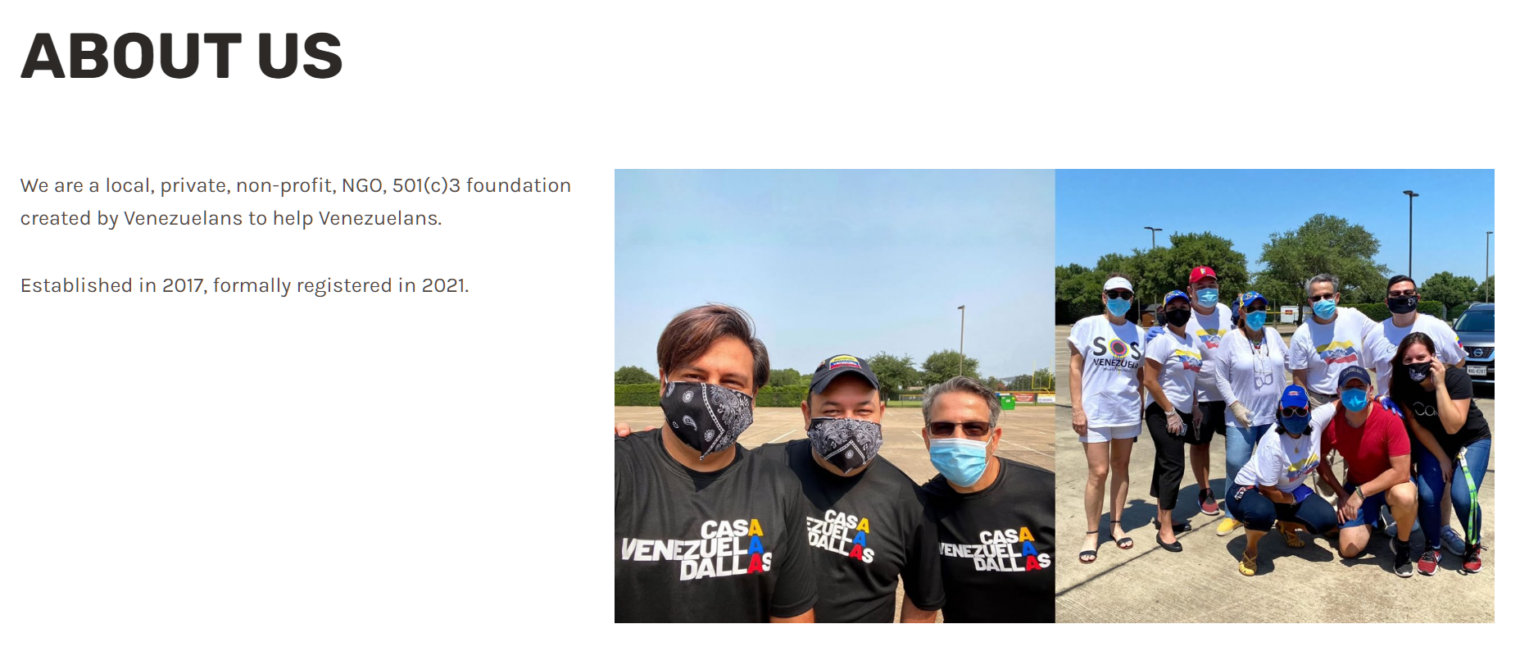Car wash owner on immigration
A text message exchange with a friend who owns a car wash in a Democrat-run sanctuary city. I asked whether Governors Abbott and DeSantis were sending him a good supply of migrants.
Him: Not yet!
Me: Would be good for your labor costs. What are you paying now?
Him: Average wage is about $22 per hour.
Me: We are informed that $15 is fair.
Him: I can’t get high school kids for $15. I don’t understand how people afford life.
Me: What do they make after tips? I always tip 20% at car wash.
Him: $22 is the average wage with tips. It’s all reported income because 90 percent of tips are credit card. I pay employment taxes on the tip wages. So if you tipped him, I owe taxes on that amount.
Me: Is there a variation in wage depending on skill?
Him: Most people that are full time make $25-29 per hour. High school kids make $19, which is insane. They are useless. College kids even worse. Entitled and can’t solve problems on any level. Wish we had more legal migrants. I would hire them all. White [local] kids = not good workers. We need more migrants. Just legal ones who are willing to work.
Me: I am seeing a good blog post here.
Him: I think another 50 million legal migrants would solve all our issues. The government could continue to pay the elite natives to stay home and print money to pay migrants to do all the work. Of course it would cause housing inflation, but that’s the Ponzi scheme we all benefit from. [“we all” being those rich enough to own homes!]
Related… a tastefully understated vehicle at the local car wash (entire crew from Latinx America):
Also, in the Department of Diversity is Our Strength, “Diversity is important in all industries, but perhaps especially so in supercomputing,” from my former employer Hewlett-Packard:
What did I do for HP, you might ask? Helped in 1982-83 with the first implementation of the Precision Architecture, a RISC processor that eventually morphed into the Intel Itanium server chips (final shipments in July 2021, nearly 40 years after my efforts on a wire wrap prototype).
Full post, including comments